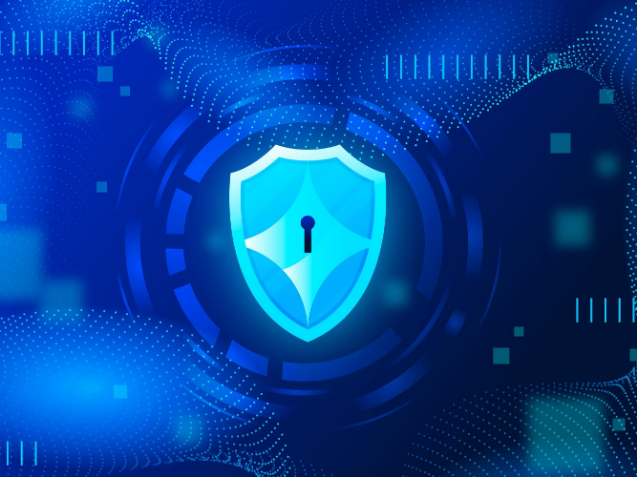- New malware variants spiked by 45% in 2023.
- The EU proposes tougher data protection laws amid rising cyber threats.
Your quick guide to staying safe online
In a world where digital threats are ever-present, mastering computer security is a must. Let’s dive into the five essential elements that keep your data safe and sound.
5 essential elements of computer security
1. Confidentiality
Keep your secrets safe! Encryption and access controls ensure only the right eyes see your sensitive info. Think of it as a digital lock and key for your data.
2. Integrity
Trust your data. Integrity means your information remains accurate and unaltered. Techniques like checksums and digital signatures act like digital fingerprints, verifying everything’s in place.
3. Availability
Always on, always there. Availability ensures you can access your data when you need it. Redundant systems and backups keep everything running smoothly, even during disruptions.
4. Authentication
Prove it’s you. Authentication confirms your identity with passwords, tokens, and biometrics. Multi-factor authentication adds layers of security, like a bouncer at a VIP event.
5. Non-repudiation
No backsies! Non-repudiation guarantees that actions can’t be denied later. Digital signatures and audit trails keep everyone accountable, perfect for legal proof and peace of mind.
Also read: Is cyber security more valuable than computer science?
Also read: Protecting your data in the digital age: The most pressing cybersecurity threats
Why it matters: Security in action
Industries from finance to healthcare depend on these principles to safeguard data. Take GDPR in Europe, for example, where failing to protect data can lead to hefty fines—Google learned this the hard way with a €50 million ($55 million) penalty in 2019.
Moreover, the financial sector, dealing with sensitive data, constantly evolves its security protocols to combat cyber threats. For example, the implementation of the Payment Card Industry Data Security Standard (PCI DSS) aims to reduce credit card fraud by enforcing rigorous security controls.
Summarising the essentials
Understanding and implementing the key elements of computer security—confidentiality, integrity, availability, authentication, and non-repudiation—is crucial for safeguarding data in today’s digital age. These components form the bedrock of a secure information system, enabling both individuals and organisations to protect their valuable data assets effectively.
In an ever-evolving cyber time, staying informed and proactive about security measures is not just advisable but essential. The emotional toll and financial loss from security breaches underscore the importance of investing in robust security protocols. By prioritising these elements, we not only protect our data but also foster trust in the digital systems we rely on every day.
Investing in robust security measures not only prevents breaches but also builds trust in our digital world. Let’s stay informed, stay safe, and keep our digital lives secure. Share your thoughts below—your experiences could help others in their security journey!

